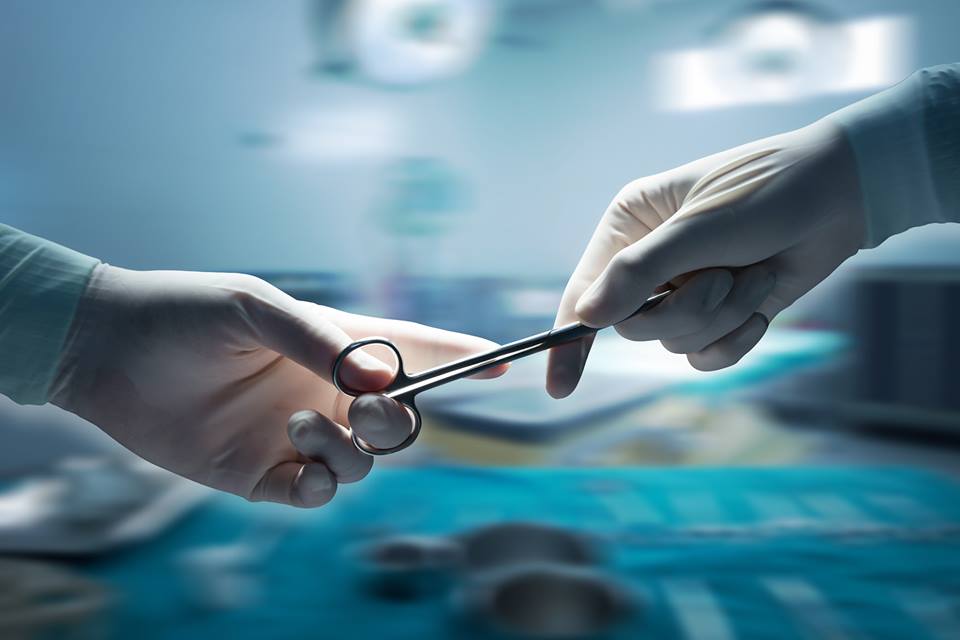Modern technology has allowed us to plunge into new experiences with a click of a button. We are at a stage where putting on a pair of 3D glasses in the cinema is no longer the height of incredibly realistic technology. Instead, we are on the precipice of stepping into a world of intense, realistic virtual reality. Arguably, the graphics have yet to reach their peak, however, advanced graphics are not always necessary to give someone a realistic experience of something new.
A recent VICE documentary demonstrates that VR can be an incredible tool to help inmates adjust to the outside world. By working their way through everyday tasks, inmates are slowly becoming accustomed to simple chores to help them hit the ground running when released into the outside world. As the video demonstrates, the simulations don’t contain the most groundbreaking graphics, however, this is not necessary in order for the inmates to internalize the processes they are learning.
While these simulations might be useful for the education of basic tasks, digital technology is still too far behind to help simulate more crucial and complex tasks. For example, the same technology used by these inmates could not be adopted by trainee surgeons to practice complex procedures, or by medics who need more realistic hands-on experience. However, there is one startup taking a step back from VR technology, employing a different style of training to help within this field.
Operative experience is a startup that produces real-life figures to give a more genuine experience during practice for surgeons, medics, nurses, and technicians who need to be ready for an emergency. These military-grade, life-identical simulators provide a fake experience that’s so close to the natural one, designed to develop operative proficiencies and psychomotor skills that are now drastically underserved by traditional simulation models. As the above video from Fox news demonstrates, these models can play a crucial role in preparing for a serious event where a mistake could be the difference between life and death.
VR might still be in its infancy, but, for certain roles, the need to practice through real-life simulations cannot wait. For the gaps that are still yet to be filled by VR, we will continue to rely on the innovation of startups such as Operative experience, providing vital practice for roles which need to be prepared and ready to jump into action when lives depend on it.











